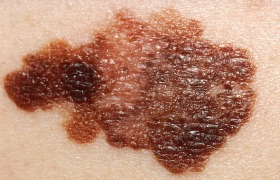Inhaling deeply diminishes radiation damage to heart of breast cancer patients

Patients undergoing radiation therapy for left-sided breast cancer have a higher risk of developing cardiovascular disease. However, Mirjam Mast, researcher at the Bronovo hospital in The Hague, Netherlands, has found a simple solution: holding your breath during irradiation. This reduces heart damage, she writes in her dissertation. Continue reading















